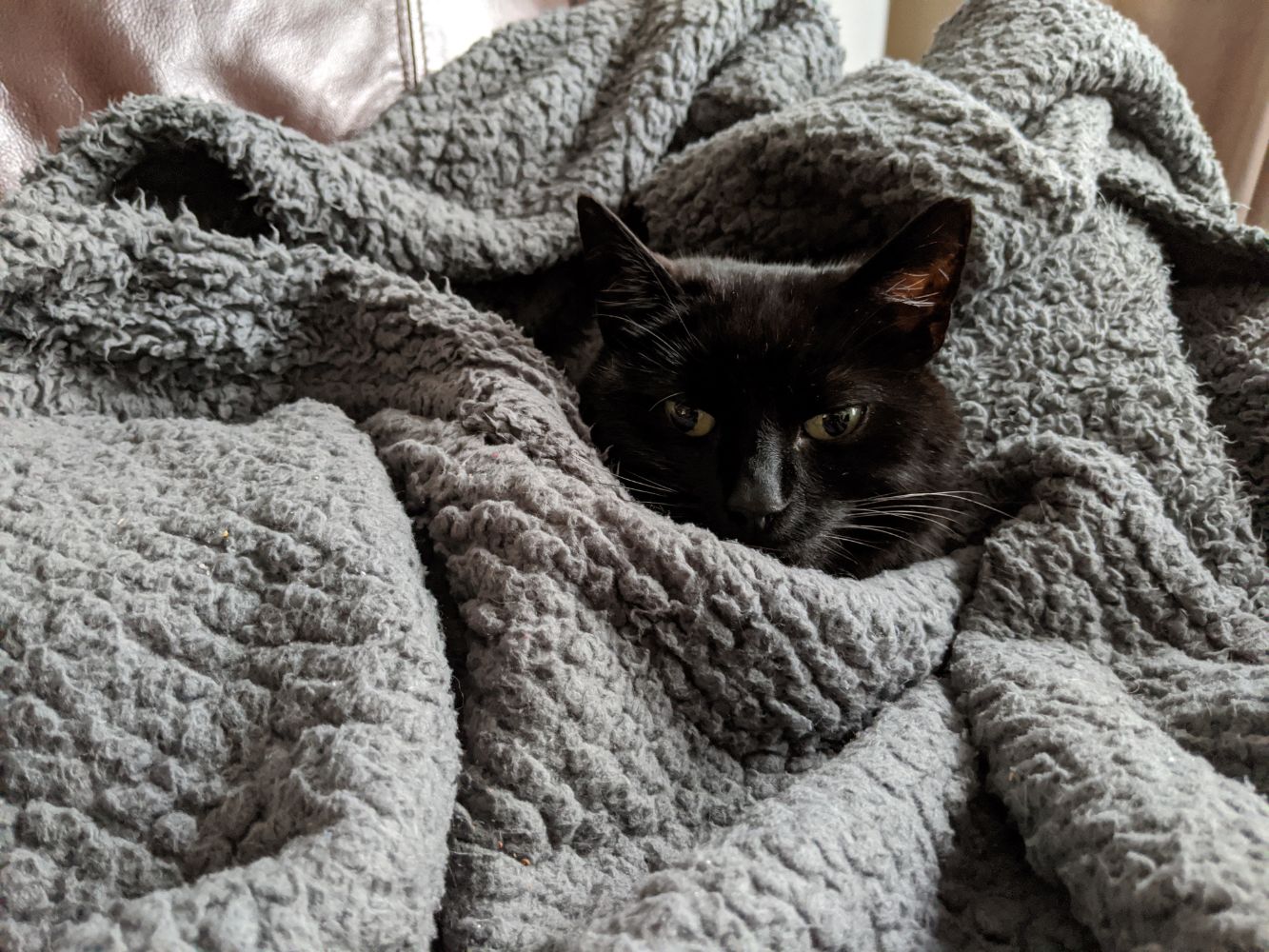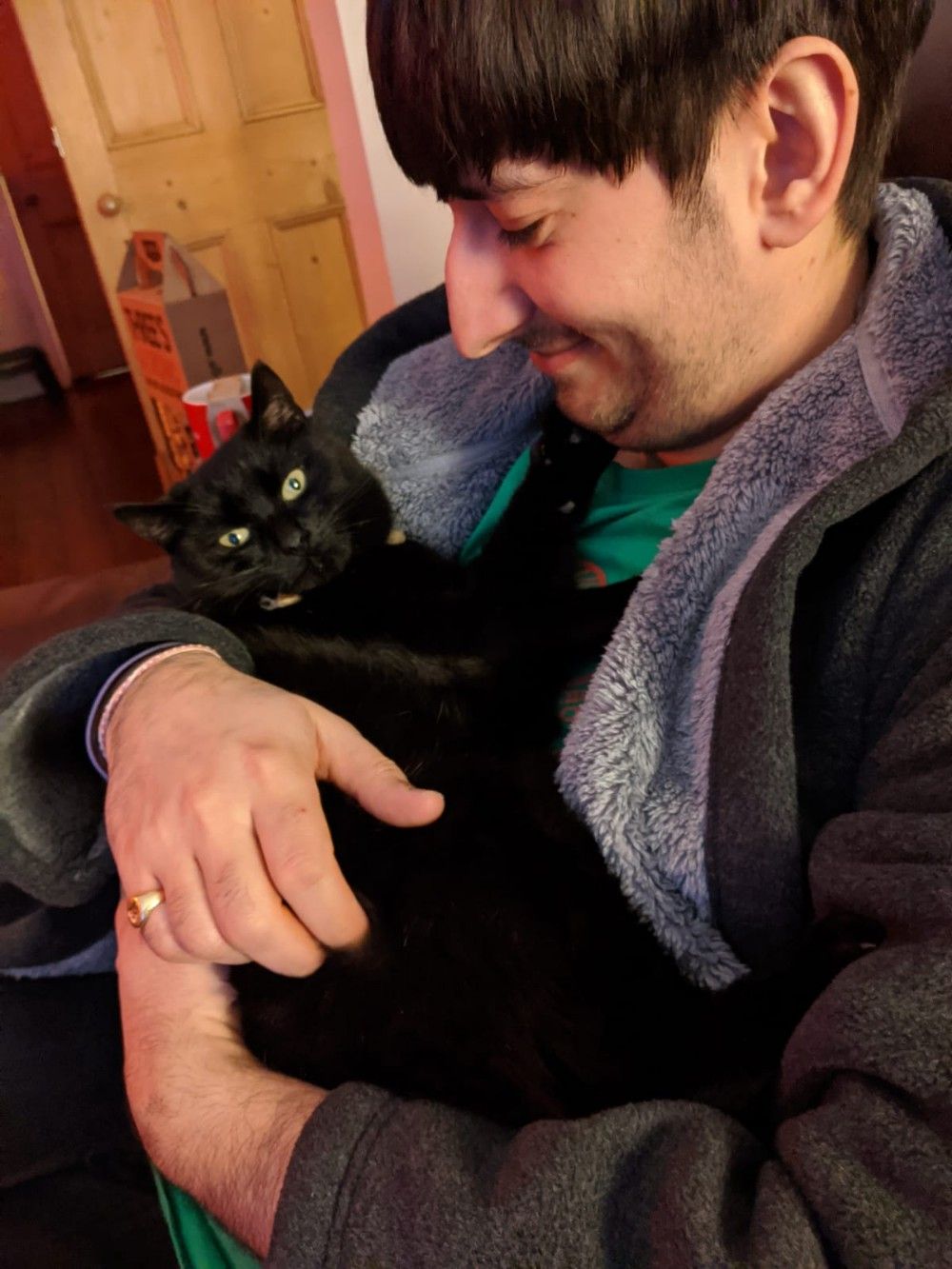Post details
Play Podcast (mp3): Download (Duration: 38:58 — 26.8MB) It’s officially the future so we look back at our predictions from last year and make some new ones for 2020. Digital Ocean This episode …
With the help of https://snarfed.org I've now got https://brid.gy running locally and syndicating RSVPs from my website to Meetup.com - hopefully it'll be live next week for the rest of the #IndieWeb to enjoy https://github.com/snarfed/bridgy/issues/873
But when it gets right down to it, if permissive open source is free candy, copyleft is a free puppy. If you want a puppy, a free one is great. If you don’t want a puppy, receiving a free one by surprise can be costly and awkward.
The only problem is that the industry makes folks feel like they need to, which isn't fair for people who don't have time ie who have other commitments like children
A fairly easy result for #HomebrewWebsiteClub - don't try resending Webmentions (for two weeks) if the target doesn't support Webmentions
Although I don't condone Vim bashing (as a Vim user, and because it quite often tells you how to exit) these are pretty good
Tomorrow's fun will be reinstalling my laptop to remove BTRFS. It's over a year since I said I would (https://www.jvt.me/posts/2018/12/22/leaving-btrfs/) but I've not got round to it, and I've messed up my docker install
It's #HomebrewWebsiteClub Nottingham tonight! https://www.jvt.me/events/homebrew-website-club-nottingham/2020/01/08/
I'm not 100% what I'm working on - it may be finalising my Meetup.com Brid.gy integration, or may be just on my own site!
I will be attending
Hey @Meetup - further to my comments in https://www.jvt.me/mf2/2019/12/klwyi/ is there any news around when you're going to restrict any OAuth apps that are being used by non-Pro members?
A very interesting read on choosing a license to protect the author's income, which I get, although realistically (at least) the AGPL has been written to ensure that the end users always get the code, not that the authors are protected.
Reminder that it's the first #HomebrewWebsiteClub Nottingham of the decade tomorrow!
Hope to see some of you there for building / working on your personal websites https://www.jvt.me/events/homebrew-website-club-nottingham/2020/01/08/
Been watching #GoodOmens this evening - lighthearted, tongue in cheek, and some wonderful David Tennant
But they were on a break 🙄
Licensing is hard, especially when projects you use want to protect their end users and have gone for strong copyleft licenses like the GPL/AGPL
An interesting read on creating a extensible platform which isn't truly private, vs a walled garden with true privacy, and the tradeoffs we have to consider.
This is what I started doing when I got my personal domain all those years ago, as it allowed unlimited aliases and a catch-all address. There's nothing better than seeing some spam coming from an email that tells you exactly who sold/leaked your data.
Yes! Not only that, but the power of the #IndieWeb https://www.jvt.me/posts/2019/10/20/indieweb-talk/ - I'd recommend coming to a #HomebrewWebsiteClub to work on your website https://indieweb.org/next-hwc
Week Notes 20#1 (2 mins read).
What happened in the week of 2020-01-01?
Netlify Billing Request: Extra Bandwidth Allowances (1 mins read).

A copy of an email I've sent to the Netlify team about improving billing for bandwidth allowances.
Watched John Wick 3 last night. Great movie, shame we missed it in the cinema - even more ingenious ways to kill people, and we learn more about the underground, too
Is anyone aware of anywhere that the contract for #Netlify's "Outgoing Webhook" is documented? I can't seem to find it on https://docs.netlify.com/site-deploys/notifications/#outgoing-webhooks or https://open-api.netlify.com/
cc @Netlify
Off for a massage so listening to Phaeleh to get me in the relaxed state of mind I need https://open.spotify.com/album/32bexa9Sh3JeXEEwgcidqe?si=JV8UzqYfQuG7uFK1-8kang
For anyone who didn't make it to last night's #WiTNotts, I've got you covered as I wrote up my notes! https://www.jvt.me/posts/2020/01/02/smart-bins/
Women in Tech January - Sensing Change: The Rise of the Smart bins (4 mins read).

Eleanor Tang talks about the work that Eveno is doing to make waste management much smarter.



